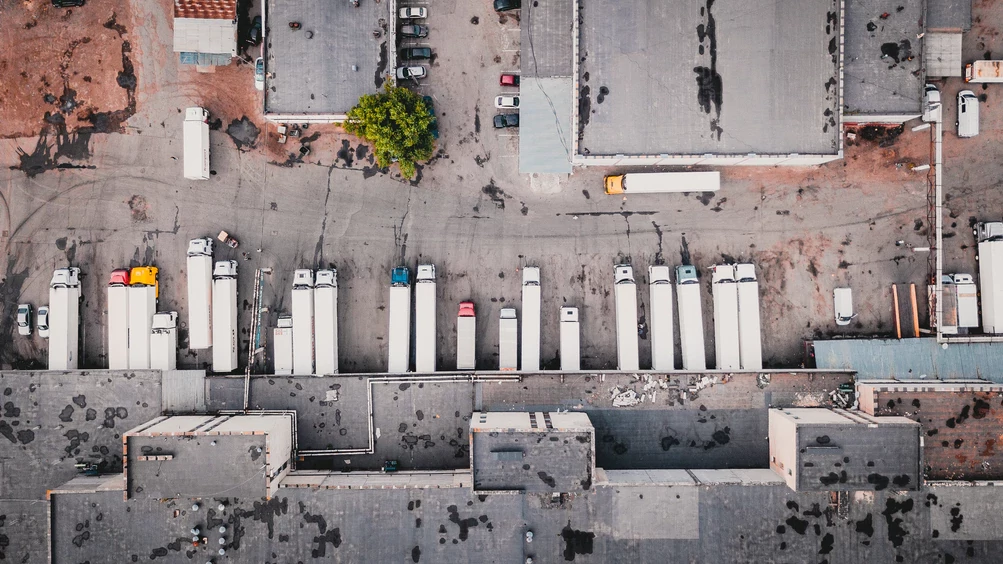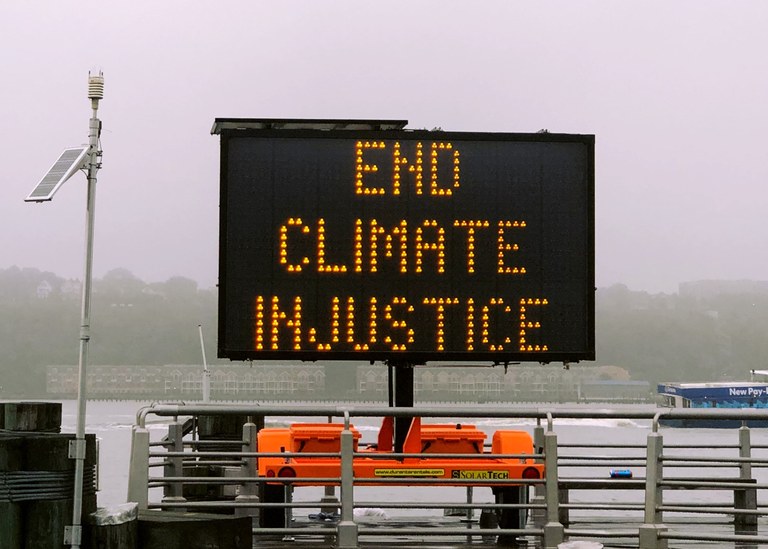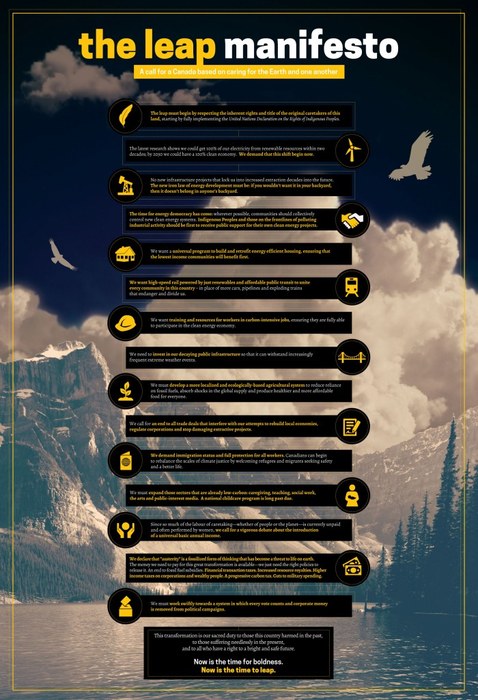
10 things for socialists to keep in mind on climate change policies
Some areas of debate exist even within progressive circles of how best to deal with climate change. Investing in and reorganizing current production processes to drastically reduce carbon emissions and build mitigation programs all takes time, energy, overlapping processes, and a heck of a lot of money. But, when we bring all this together, the programs announced are insufficient to get us where we need to be. Here are 10 areas we need to work on.





